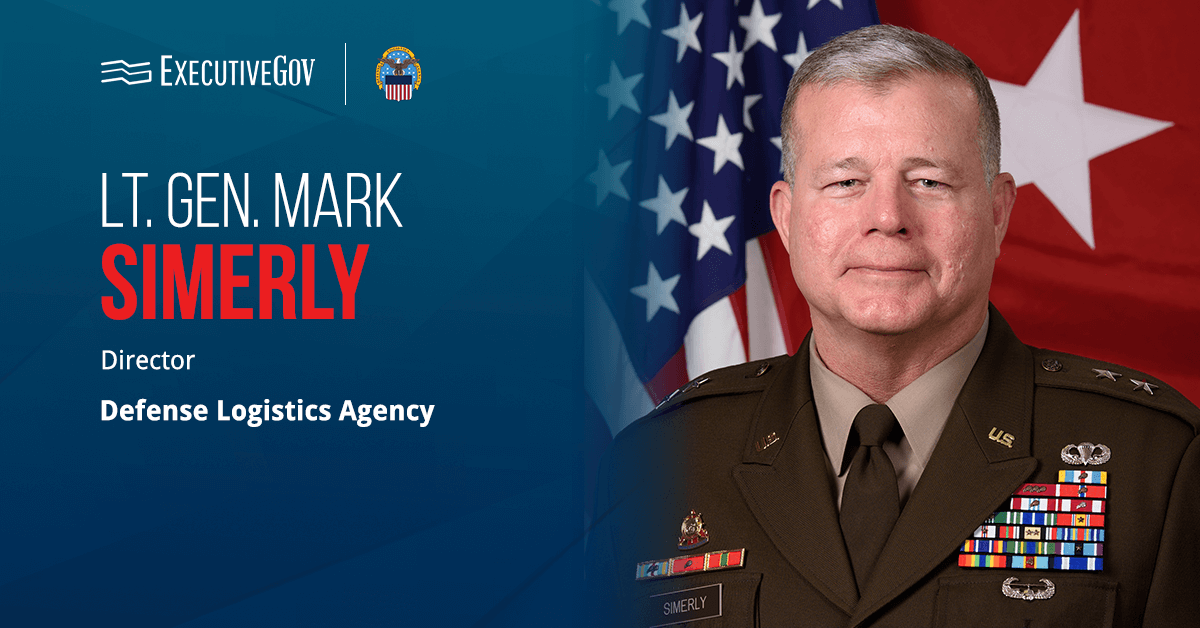The Department of Defense has signed a strategy covering the deployment of private 5G networks at military installations. Private 5G is expected to augment or supplement commercial 5G, the DOD said Tuesday.
Table of Contents
Objectives of the Strategy
The strategy, titled DOD Private 5G Deployment Strategy, seeks to address three agency objectives. The first involves the DOD seeking to align private 5G infrastructure with the missions of each installation. The 2nd objective involves DOD seeking to accelerate the secure deployment of 5G, both commercial and private. The third objective involves the expansion of an open radio access network ecosystem.
Enabling DOD Modernization
The latest issuance, signed on Oct. 16, builds on prior agency guidance regarding 5G, namely the DOD 5G Strategy and the DOD 5G Strategy Implementation Plan. The technology’s implementation is seen as a key enabler of the agency’s modernization efforts and is expected to provide high-speed connectivity for mobile capabilities that address mission as well as quality of life needs.
Addressing Unique Installation Needs
The need for a strategy specific to private 5G networks stems from the recognition that commercial 5G might not always be able to address a facility’s specific requirements. Private networks can be tailored to meet such needs.
Additional implementation guidance and reference documents are expected to be issued in the coming months.

Join the Potomac Officers Club’s 2025 5G Summit, which will tackle various topics like 5G at the edge, how 5G supports the DOD’s CJADC2 efforts, 5G-powered warfighting capabilities and more. The event will take place on Feb. 27, 2025.













